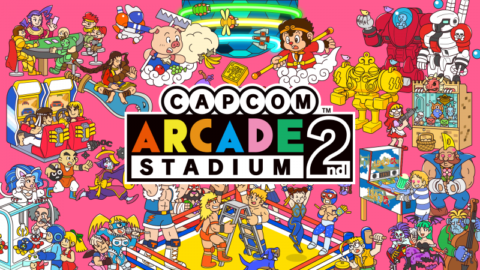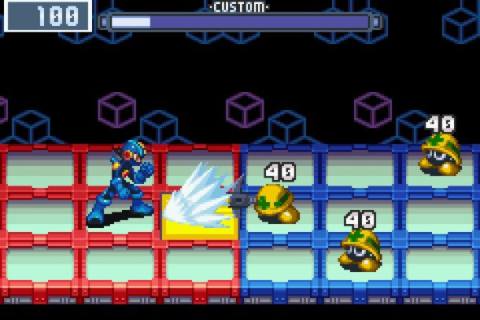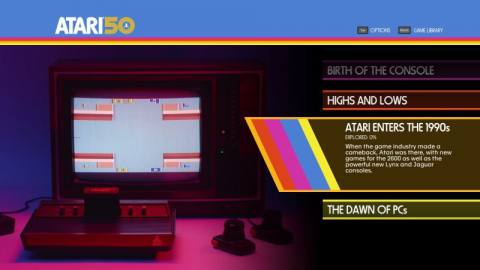
Capcom recently announced a 10-game Mega Man Battle Network Legacy Collection, bundling together the six Game Boy Advance Battle Network titles and the various versions that were originally released. I’m excited by the news because I was worried these excellent spin-offs would never receive a revival like the platforming Mega Man series did a few years back. Many Battle Network games are currently only available on the Game Boy Advance or the now-dying Wii U virtual console, while others remain locked away on the Nintendo DS. However, a large chunk of the series will now be available to anyone who owns a PlayStation 4, Switch, or a PC running Steam. It’s great to see these classic games on modern platforms, and I hope other companies take note of the preservation strategy Capcom has taken in recent years.

This month, we got a superb fighting game collection in the aptly named Capcom Fighting Collection. It brings together ports of the US and Japanese arcade versions of the entire Darkstalkers franchise and other long-dormant series like Red Earth, Cyberbots, and Super Gem Fighter Mini Mix. Even beyond these packages, the Capcom Arcade Stadium series (a new one is out this month) is filling in the non-fighting game gaps and reviving a litany of other Capcom arcade games. Before that, Mega Man received several collections to make the original series and Mega Man X available. I’m truly happy to have these collections at the ready on my Switch.
One of my favorite parts of the recent Capcom collections is the archival images and documents included in the package. The early sketches, concept art, and other important and formative design documents are enlightening. Even seeing just a peek at the dev’s thought process while piecing together these classics at the time is awesome, and I hope the practice becomes more prevalent even in current game releases.
Atari isn’t a name you often hear in the video game discourse in 2022, but even it is trying to keep its legacy alive and playable. The brand is celebrating its 50th anniversary with a massive collection of notable Atari titles from throughout the company’s history. Digital Eclipse is handling the development of Atari 50: The Anniversary Celebration, which includes more than 90 games across six Atari consoles and even a few new games inspired by some classics. It also features a timeline of Atari’s history, with interviews with key company members throughout its five decades.

I know everything above makes it looks like the accessibility of games is mostly in a good place, but there’s still a lot of work to be done. There are plenty of obscure Genesis games I’m yearning to try, licensed SNES games I rented over and over I’d like to experience again. An entire generation of games in the transition between the late ‘90s to early 2000s console generations feels lost and is ripe for revival. Even sports titles are like dust in the wind, especially when a new game is released yearly. I’d take a Tiger Woods PGA Tour collection in a heartbeat to play through the PS1 and PS2 entries and see how the series shifted and evolved over time. Consoles like the Sega Saturn or Gamecube feel similarly trapped in time despite emulation for these devices being possible with today’s technology. A few select games have shown up in recent years, like Nights Into Dreams and Super Mario Sunshine, but much more can be done to preserve those platforms.
Nintendo and Sony have made a slight effort to make games from previous platforms available to purchase or play. While some classics have trickled out on the new PlayStation Plus or the Nintendo Switch Online service, both are falling far short of what could and should be playable on current hardware. On the other hand, Microsoft has made many games natively available on its consoles, all the way back to games released on the OG Xbox, with graphical enhancements no less. If every major company started to make a consistent and concerted effort to keep their prior generations of games available, like Xbox and Capcom have, the gaming industry and ecosystem would be much better off.
